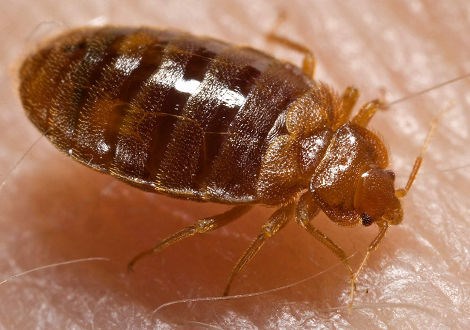THUNDER BAY – Despite five times more money being spent on pest control in public housing compared to five years ago, less than half of those living in those units are satisfied with extermination efforts.
According to the Thunder Bay District Social Services Administration Board annual satisfaction survey, the number of residents who felt pest control was “good” or “excellent” decreased from 50 per cent in 2014 to 48 in 2016.
The DSSAB’s lead for housing Aaron Park told the board pest control satisfaction figures marked a “slight decrease” but one worthy of its attention, considering a remarkable 26 per cent of occupants completed the mail-in survey.
“If there’s a unit above them that has pests and has to be treated, that’s making them concerned. Nobody wants to have that problem,” Park said.
“Is that then leading to a negative response in the survey question? We don’t know those sorts of details. Many of the respondents may not have had a direct relationship with pests in their unit.”
The DSSAB’s pest control budget has increased from $60,000 in 2011 to $300,000 in 2016.
Park speculated the falling approval could be attributed to major changes that have occurred to pest control management practices, including strategies that require access to adjacent units.
He also pointed out the cost the DSSAB is paying per unit effectively hasn’t increased over that five-year period, meaning the prevalence of cockroaches and particularly bedbugs represents most of that $240,000 annual difference.
“Over the last five or six years, our spending in that area has grown exponentially,” Park said.
“I think the problem has grown across the city exponentially, not solely in DSSSAB-owned housing.”
DSSAB CAO Bill Bradica pointed out 78.5 per cent of residents report feeling safe in their buildings and feedback has markedly improved regarding the service provided by repair, janitorial and coordinated support staff.
“We’ve done a lot of training staff on service,” Bradica said.
“Also there was mandatory training required for all staff on sensitivity, specifically with the Indigenous community. That could have some bearing on that. I hope it does.”
The board requested administration deliver a report in September 2017 updating actions taken as a result of survey results.
